Random fact for your next trivia night, when the world returns to normal: the brand Nabisco came from the National Biscuit Company! You might ask why we are talking about cookies in a veterinary medical blog – Milk Bone was purchased by Nabisco in 1931 and began the first sales of dog food in grocery stores. Since then, the commercial pet food market has expanded, slowly at first, then exponentially as we embraced pets as family members and identified the value of nutrition in coat quality, intestinal health and the management of all sorts of health conditions.
In 2007 toxic levels of melamine, an ingredient added to foods to increase the measured protein content, were found in hundreds of commercial pet foods and led to a national pet food recall. The toxic compound led to kidney damage and death in over one hundred pets. The Melamine Pet Food Recall is believed to have contributed to pet owners’ enhanced interest in what they feed their pets and began a movement towards BEG (boutique, exotic and grain-free) diets with trends toward unusual protein sources like salmon, duck and venison, the feeding of raw meat and bones, and using lentils and chick peas as alternative protein sources to wheat and corn.
How we feed ourselves and our pets is a very personal decision, influenced by our health, our values, our finances and information we gather from many sources. For the vast majority of pets, a family’s dietary decision-making will have relatively little impact on overall health. There are exceptions, though, and evidence is emerging about a link between grain-free diets and heart disease in dogs. Dilated cardiomyopathy (DCM) is a disease of the heart muscle itself that destroys the effective “pump” mechanism of heart in moving blood throughout the body. It’s a disease we encounter more often than we’d like to in Boxers, Dobermans and other large breed dogs. 40 years ago in cats and 20 years ago in dogs, researchers discovered that a dietary deficiency of taurine, a protein building block, was causing cardiomyopathy in animals with no genetic predisposition. Nutritionists and cardiologists are now seeing this same type of heart disease in dogs eating grain free diets. While they are still investigating the association, it does seem that Golden Retrievers are more likely to have DCM when eating grain-free diets. Veterinarians are now advised to check taurine levels on newly diagnosed DCM patients, especially if the dog has been eating a grain-free diet.
Our veterinarians would love to talk with you about the current science behind nutrition and integrate their knowledge with your goals and philosophies about feeding your pets. For us, nutrition is one of many parts of a preventive healthcare program tailored to keep your pet with you as long and as healthy as possible!


